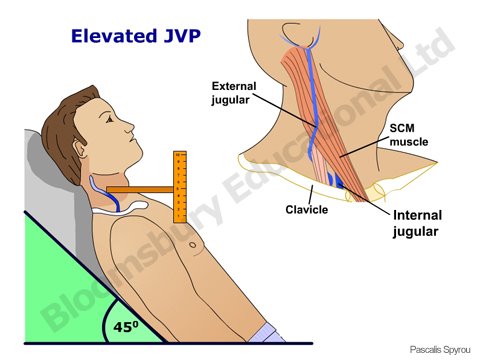
"Cheque is an instrument in writing containing an unconditional order, addressed to a banker, sign by the person who has deposited money with the banker, requiring him to pay on demand a certain sum of money only to or to the order of certain person or to the bearer of instrument."
TYPES OF CHEQUES
1. Order Cheque: A cheque which is payable to a particular person or his order is called an order cheque.
2. Bearer Cheque: A cheque which is payable to a person whosoever bears, is called bearer cheque.
3. Blank Cheque: A cheque on which the drawer puts his signature and leaves all other columns blank is called a blank cheque.
4. Stale Cheque: The cheque which is more than six months old is a stale cheque.
5. Multilated Cheque: If a cheque is torn into two or more pieces, it is termed as mutilated cheque.
6. Post Dated Cheque: If a cheque bears a date later than the date of issue, it is termed as post dated cheque.
7. Open Cheque: A cheque which has not been crossed is called an open cheque. Even if a cheque is crossed and subsequently the drawer has cancelled the crossing at the request of the payee and affixes his full signature with the words “crossing cancelled pay cash”, it becomes an open cheque.
8. Crossed Cheque: A cheque which carries too parallel transverse lines across the face of the cheque with or without the words “I and co”, is said to be crossed.
9. Gift Cheques: Gift cheques are used for offering presentations on occasions like birthday, weddings and such other situations. It is available in various denominations.
10. Traveller’s Cheques: It is an instrument issued by a bank for remittance of money from one place to another.
Different Kinds / Types of Cheques (in Details)
1. Bearer Cheque
When the words "or bearer" appearing on the face of the cheque are not cancelled, the cheque is called a bearer cheque. The bearer cheque is payable to the person specified therein or to any other else who presents it to the bank for payment. However, such cheques are risky, this is because if such cheques are lost, the finder of the cheque can collect payment from the bank.
2. Order Cheque
When the word "bearer" appearing on the face of a cheque is cancelled and when in its place the word "or order" is written on the face of the cheque, the cheque is called an order cheque. Such a cheque is payable to the person specified therein as the payee, or to any one else to whom it is endorsed (transferred).
3. Uncrossed / Open Cheque
When a cheque is not crossed, it is known as an "Open Cheque" or an "Uncrossed Cheque". The payment of such a cheque can be obtained at the counter of the bank. An open cheque may be a bearer cheque or an order one.
4. Crossed Cheque
Crossing of cheque means drawing two parallel lines on the face of the cheque with or without additional words like "& CO." or "Account Payee" or "Not Negotiable". A crossed cheque cannot be encashed at the cash counter of a bank but it can only be credited to the payee's account.5. Anti-Dated Cheque
If a cheque bears a date earlier than the date on which it is presented to the bank, it is called as "anti-dated cheque". Such a cheque is valid upto six months from the date of the cheque.6. Post-Dated Cheque
If a cheque bears a date which is yet to come (future date) then it is known as post-dated cheque. A post dated cheque cannot be honoured earlier than the date on the cheque.7. Stale Cheque
If a cheque is presented for payment after six months from the date of the cheque it is called stale cheque. A stale cheque is not honoured by the bank.-
.jpg)










::::Your Comments are Valuable for Us-Post your queries below::::.